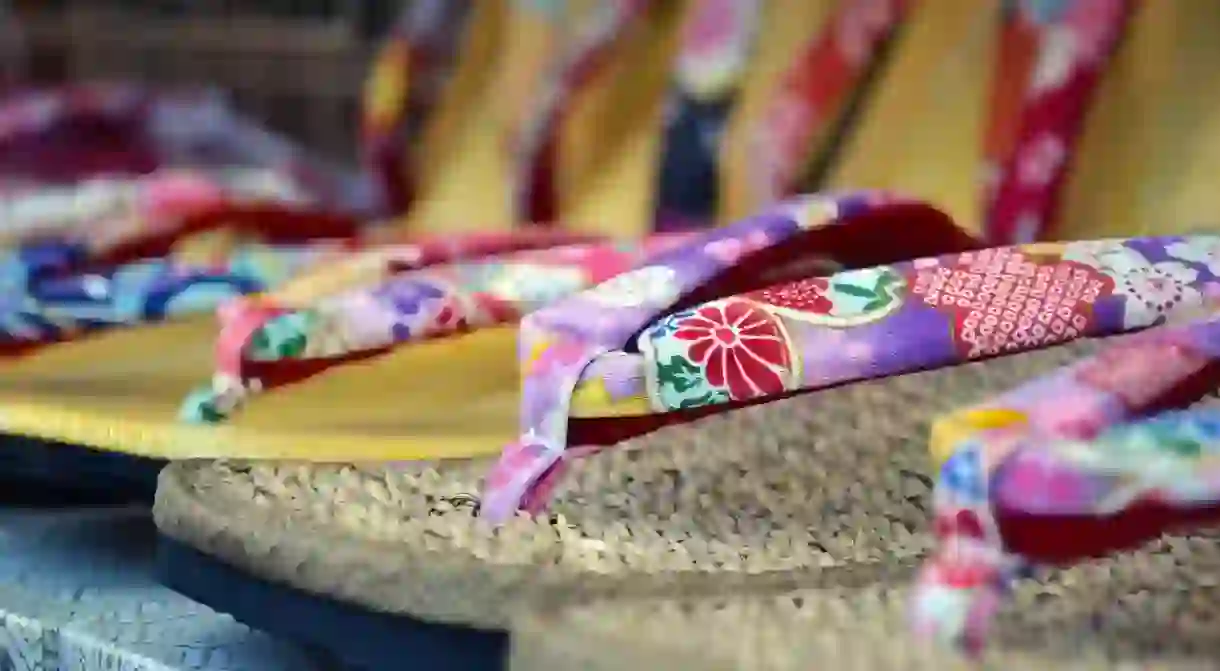9 Artisanal Souvenirs You’ll Regret Not Buying in Yanaka

Yanaka received the nickname Cat Town of Tokyo because of the large population of friendly stray cats who call the Yanaka Cemetery their home. But this area of the city, and the Yanaka Ginza pedestrian shopping street, in particular, is also known for its charming shitamachi (“low city,” historically poor and working-class regions) atmosphere. Take home a piece of Yanaka’s rich cultural history in the form of one of these artisanal souvenirs.
Bamboo crafts
Shop
Hanko
Many shops in Yanaka sell traditional as well as modern hanko. Evil Hanko-ya sells hanko adorned with cats, flowers and other symbols meant to spice up your everyday boring office life—though you probably won’t want to use them on very important documents.
Katori buta
Katori buta are “mosquito repelling pigs.” These cute little vessels are used to hold burning mosquito coils during the summer months. Since Yanaka’s cat-loving reputation is well-known to the local merchants, you may even find yourself a katori neko (cat) instead of the traditional buta.

Sandals
Shop, Store
Maneki Neko
Maneki neko are cat statues that bring luck to their owner. Their exact origins are unclear. Some say the maneki neko was modeled after a beckoning cat who saved a man’s life by calling him out of the path of an arrow, while others say cats washing their face means a guest will arrive—which, for a business, means customers are on the way.

Japanese sweets
Shop
Furoshiki & Tenugui
Furoshiki are small squares of patterned fabric used to wrap gifts, bento or for anything else you can think of. Tenugui are hand towels that you can use as a personal handkerchief, though they’re typically not made of the looped cotton that comes to mind when you hear the word “towel.”

Tea
Shop
Pottery
Many small pottery shops line the main shopping street of Yanaka Ginza, and the area is known for its potters. Search for authentic, handmade pieces with small imperfections or other unique charms. This appreciation of the imperfect is known as wabi-sabi and is especially prevalent in the world of pottery.














